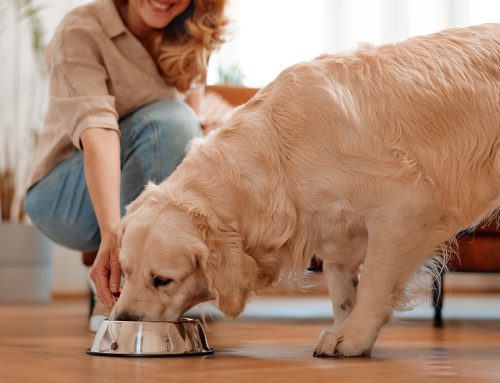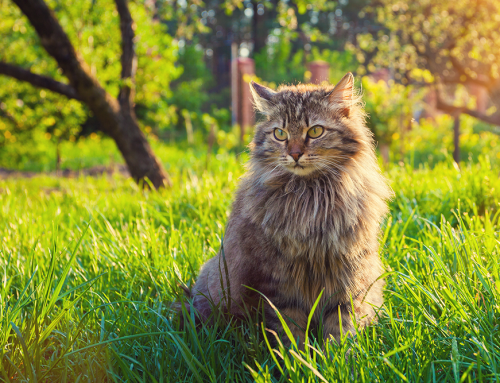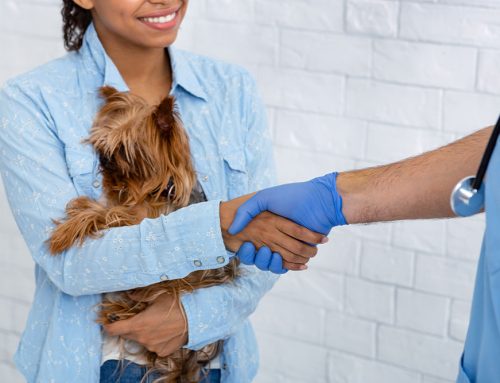Giardia is a common concern for pet owners in Washington, known for its impact on pets’ gastrointestinal (GI) health. At Roosevelt Animal Hospital, we frequently diagnose and treat Giardia cases, and we’re here to share vital information to help you protect your furry family members from this infectious parasite.
What is Giardia?
Giardia is a microscopic, single-celled parasite that thrives in water and damp environments across the globe. It poses a risk to both animals and humans, often contaminating natural water bodies, public supplies, and even swimming pools.
Pets can contract Giardia by ingesting contaminated water, soil, or feces containing infectious Giardia cysts. These cysts are resilient and can survive for months in the environment, making it easy for pets to pick up the infection during outdoor activities.
Signs of Giardia in Pets
Giardia infections can cause various symptoms in pets, including diarrhea (often foul-smelling and greenish), weight loss, lethargy, decreased appetite, and occasionally vomiting. Some pets may carry the parasite without showing symptoms, while others, especially those with weakened immune systems, may develop severe illness.
Diagnosis and Treatmentv
At Phinney Veterinary, we diagnose Giardia with specific fecal tests. If your pet tests positive, we’ll create a personalized treatment plan that typically includes medications such as antibiotics or antiparasitics. Supportive care, such as fluids and a gentle diet, helps manage symptoms and aid recovery.
Preventing Giardia Infections
Prevention is key to protecting your pet from Giardia. Here are some essential tips:
- Provide clean, fresh water for your pet at all times.
- Avoid letting your pet drink from natural water sources or random water bowls left outside.
- Dispose of pet waste promptly and hygienically.
- Minimize exposure to potentially contaminated environments, especially damp areas.
Can Giardia Affect Humans?
While pets can transmit Giardia to humans through fecal contact, human infections typically occur from drinking contaminated water. Practicing good hygiene, such as washing hands after handling pets or cleaning up after them, is crucial to prevent transmission.
Giardia infection can be concerning for pets and their owners, but with proactive measures and regular veterinary care, you can significantly reduce the risk. If your pet shows signs of GI distress or you suspect Giardia infection, contact Phinney Veterinary promptly for expert diagnosis and compassionate care.
















Leave A Comment